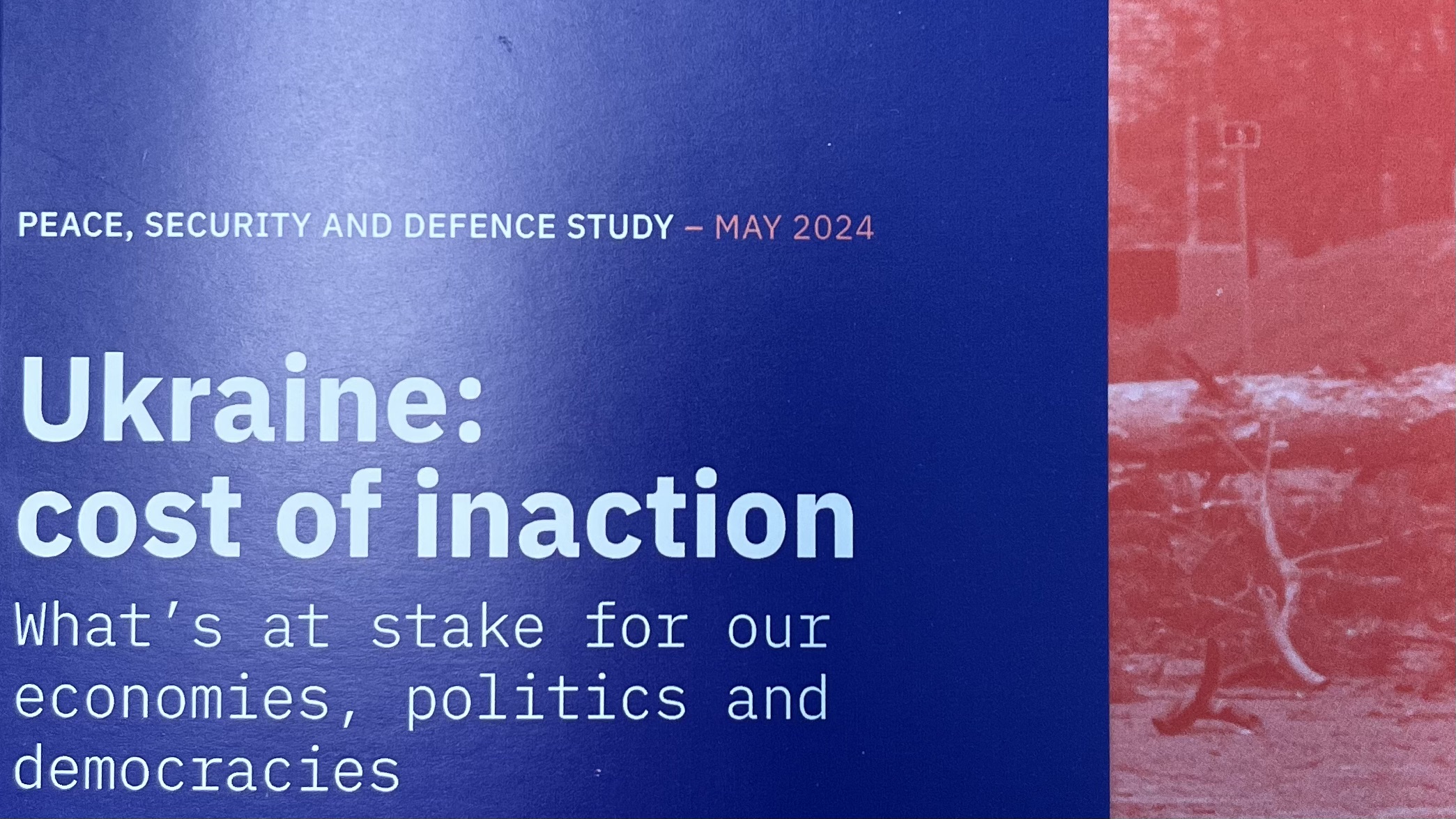We took part in the discussion during the roundtable debate, “Unfreezing Frozen Assets for the Public Good”.
Countries worldwide have implemented strict economic sanctions on Russia in response to the conflict. These measures, aimed at key sectors of the Russian economy and individuals linked to the government, have led to the freezing of significant assets. Approximately €300 billion from the Russian Central Bank reserves, along with billions more from EU-based oligarchs and state-owned enterprises, and around $100 billion in assets in the US, including both state and private holdings, have been affected. In the UK, tens of billions of pounds in assets have been frozen, with smaller amounts frozen in Canada, Switzerland, and Japan.
The issue of confiscating these frozen assets for the benefit of Ukraine has sparked debate in international law and diplomacy. Questions arise over whether these assets should be permanently seized and redirected to support Ukraine, given the complexities involved. Some countries have taken legislative action, while others proceed cautiously due to potential legal challenges and international ramifications.
A coalition of experts delved into the intricacies of using Russian frozen assets to aid Ukraine’s struggle for survival. In response to ongoing debates and the recent EU decision on utilizing confiscated assets, Friends of Europe initiated discussions among relevant stakeholders to explore options for deploying these resources to assist Ukraine in restoring its sovereignty and territorial integrity.

